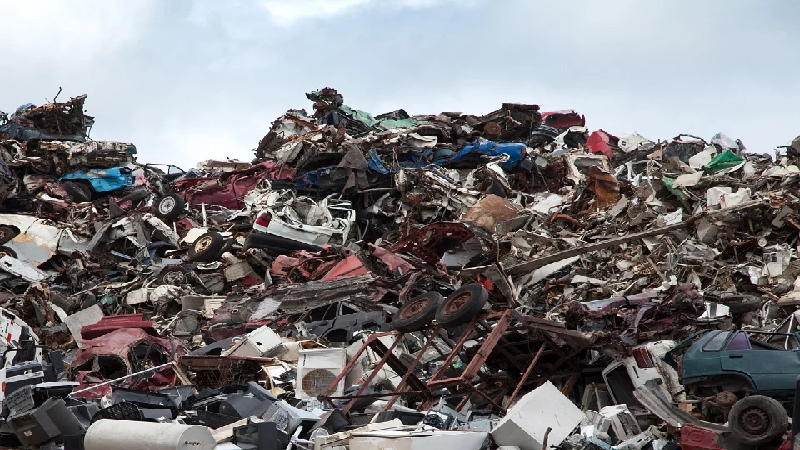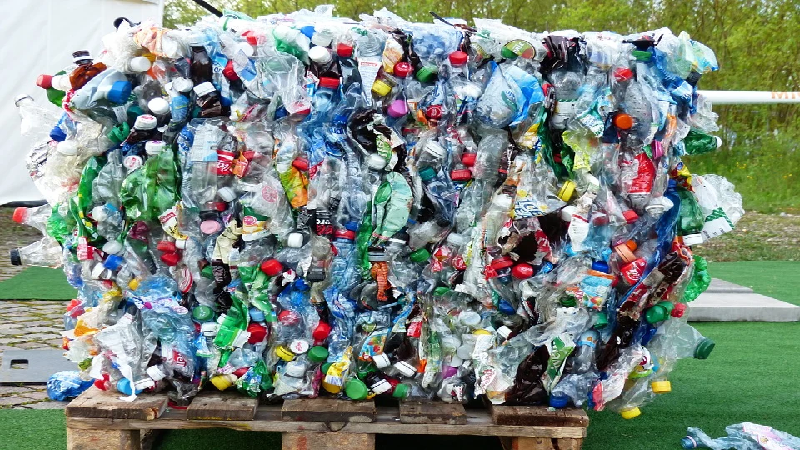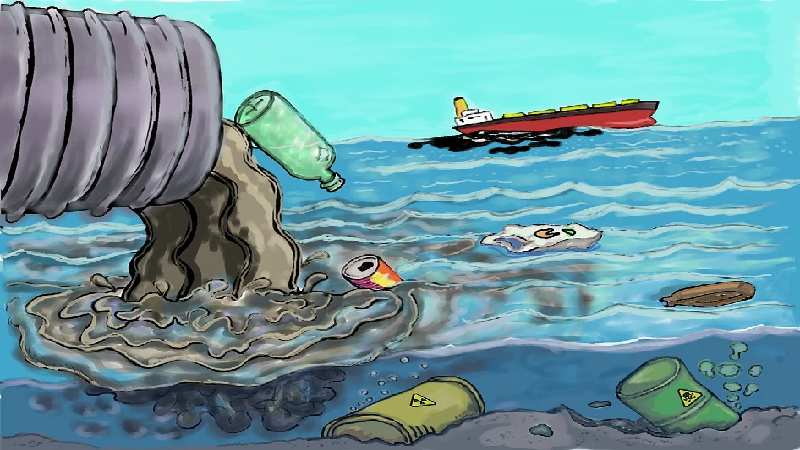There are millions of people around the world who are unaware of the dangers of uncontrolled waste production and even thousands of others who refuse to accept the facts and figures that work in favor of recycling. Hence, it is very important for everyone to understand what happens if you don’t recycle.
Recycling is not only beneficial but there are several adverse effects that can arise when we choose not to get our waste recycled.
In this article, all you need to know about what happens if you don recycle and the immense benefits of recycling waste material.
Adverse effects of not recycling
Let’s see what happens if you don’t recycle.
Landfill overflow

The waste that your house produces every day eventually ends up at a landfill. However, due to increasing production, waste is increasing drastically. This has started to cause major landfills around the world to overflow. As plastics and metals take hundreds or thousands of years to decompose the landfills are having to bear more than their capacity and endanger the surrounding environment.
Resource wastage

Although there are many products that boast of having being made from recycled materials the reality is that many of these are only partially made using refurbished materials. However, the products which are not made 100% from recycled material need to harvest resources from nature, thus depleting the non-renewable resources noticeably.
For instance, although there are papers made from recycled material available in the market, more often than not, the paper you may be using is likely to be made from fresh materials, requiring cutting down trees and depleting the green resource significantly.
Damage to oceans

Most large coastal cities tend to dump their non-recycled waste in the sea. Plastic remains one of the most dangerous yet most common waste materials that have been damaging ocean life for decades. Small pieces of plastic, such as sipping straws, or larger pieces such as shopping bags are a major hazard for sea life, such as fish and endangered sea turtles.
This damage to the oceanic environment can be reined in if we choose to reuse the recyclable materials from our waste.
The increased cost of production
What happens if you don’t recycle is that the cost of production also increases remarkably, apart from using up the limited, non-renewable resources used in manufacturing the product. This is economically not feasible as manufacturing products from fresh material tends to deplete the resources and requires abnormally large amounts of energy for the production process. In simple words, the utility bills increase, thus lowering the bottom line of manufacturers drastically.
What are the benefits of recycling?
Some of the major benefits of recycling include:
- Lessens load on landfills and incinerators
- Helps conserve limited resources
- Prevents soil and water pollution
- Saves energy
- Lowers greenhouse gas emissions and controls climate change
- Helps create a sustainable environment for future generations
Hopefully, this article helped to answer the question of what happens if you don’t recycle and motivates you to choose to recycle your waste and help conserve nature.